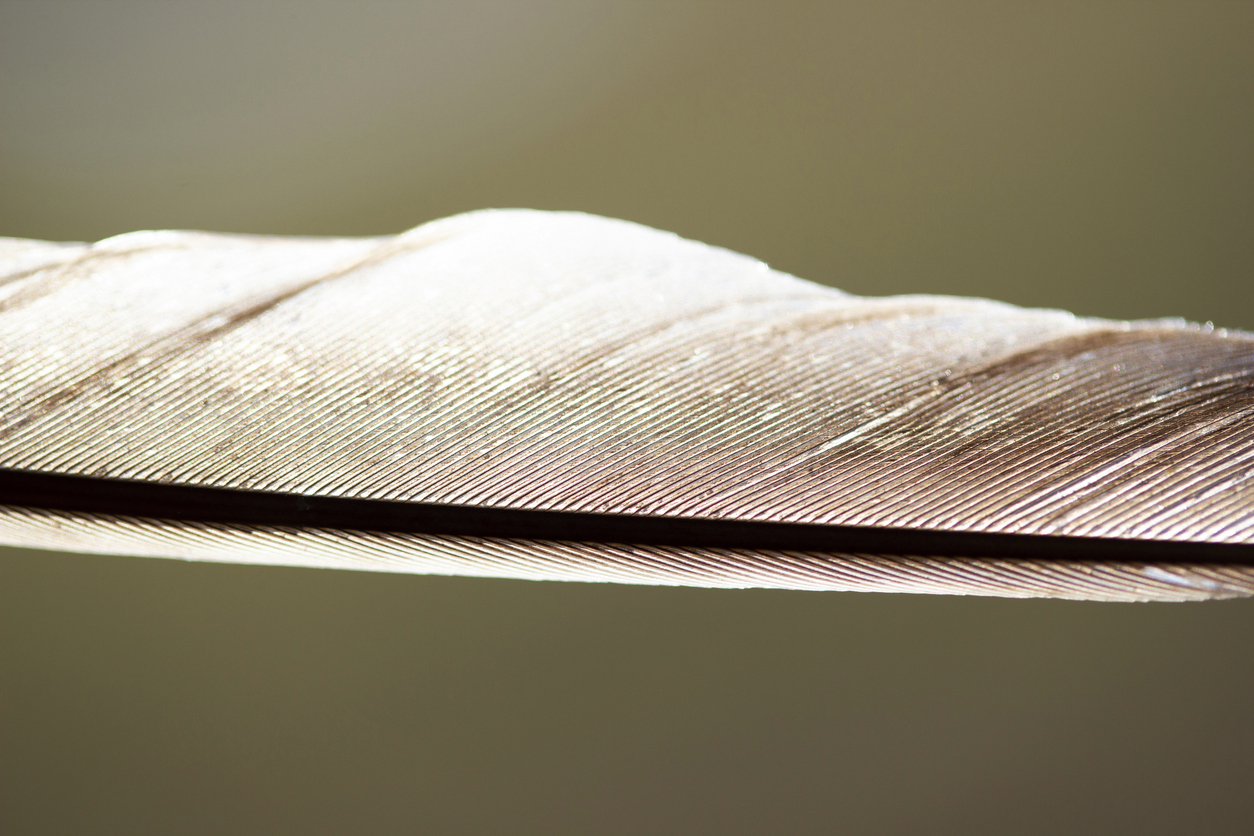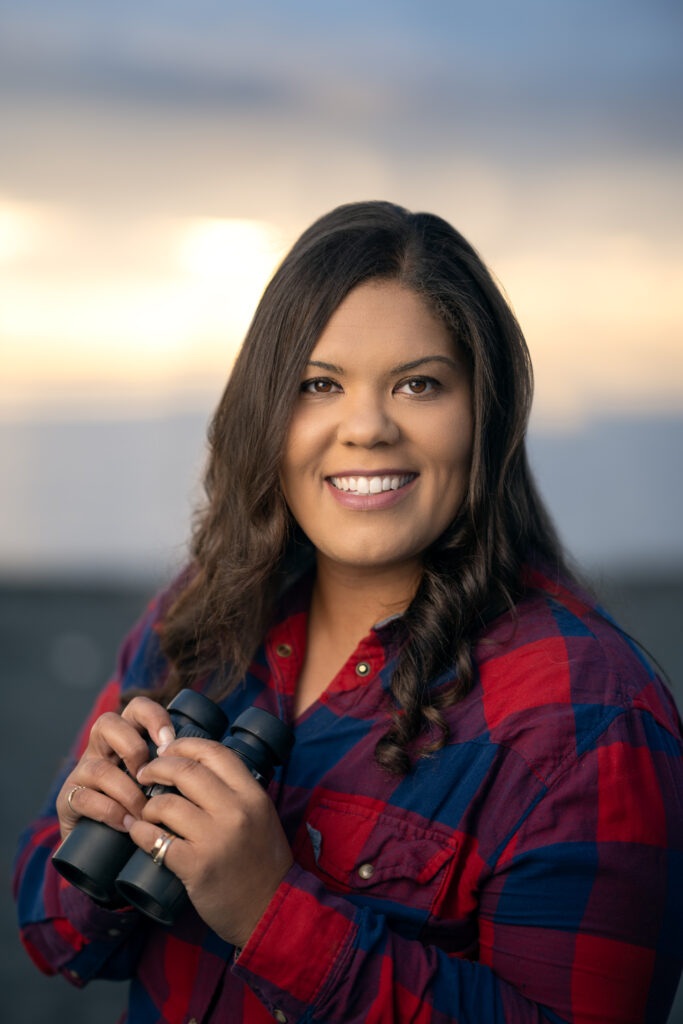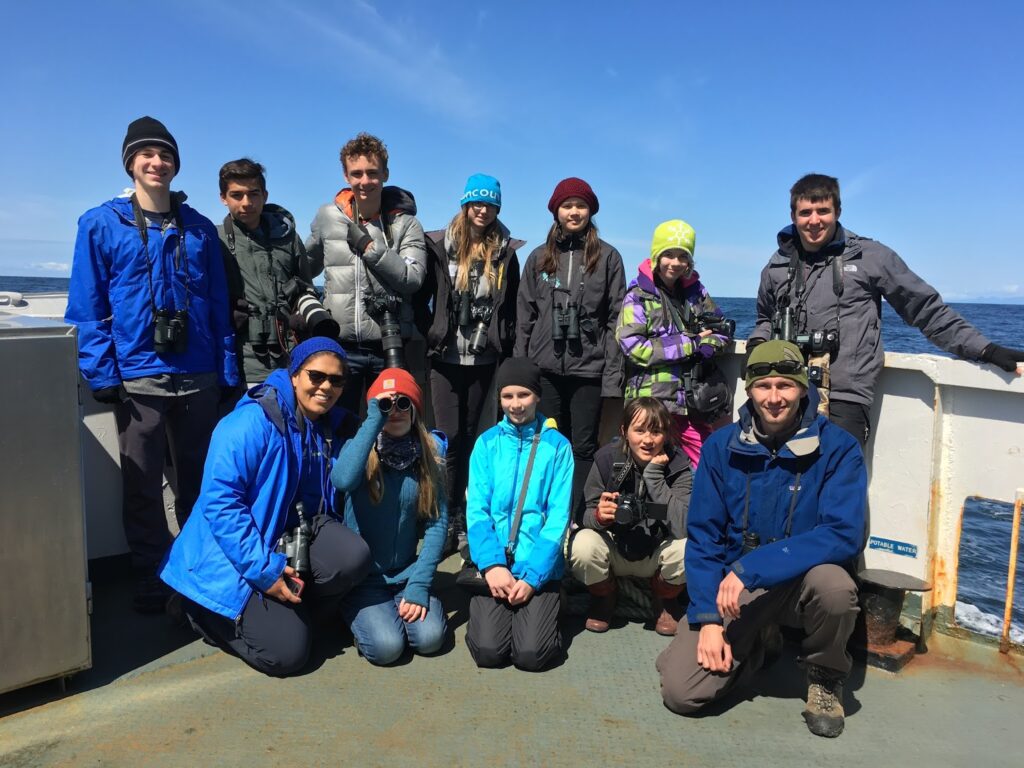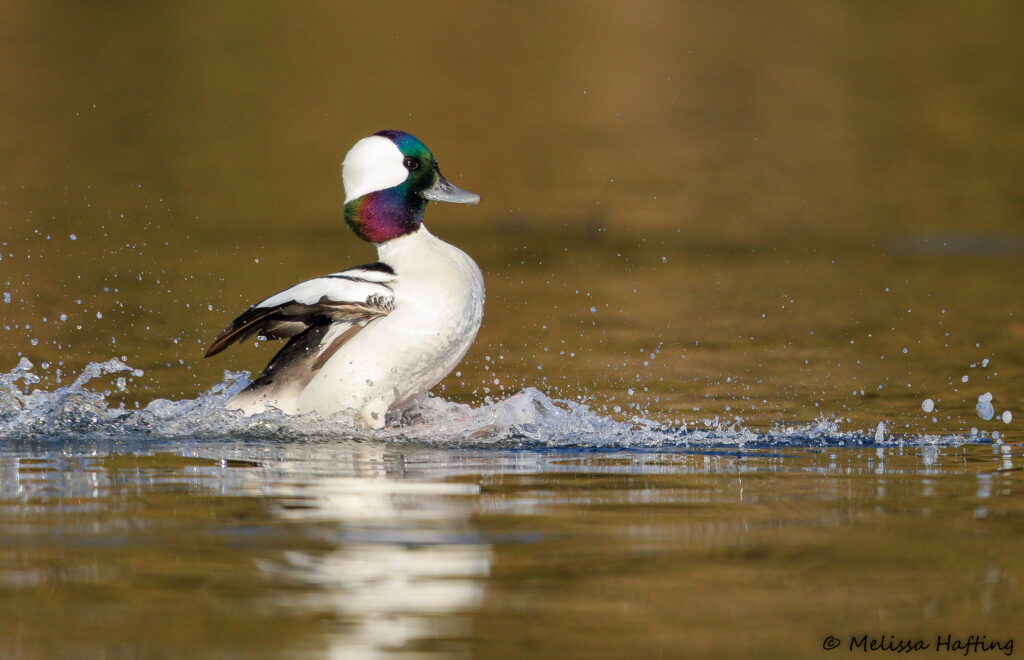A Cause Worth Crowing About
Three years ago, Christian Cooper, a Black birder, was birdwatching in New York’s Central Park when a white woman falsely accused him of threatening her. Many expressed shock at the news but for racialized folks who move through life witnessing microaggressions at school, work, and in the outdoors, it was no surprise.
Despite the black squares posted on Instagram, the racism-denouncing statements shared online, the calls for representation, and the promises to “do better,” Melissa stresses there is still work to be done by outdoor organizations to close the nature gap.
“People get afraid and defensive when you talk about racism, but you need to do that internal work. You need to put action behind your words.”
She lists placing people of colour in decision-making roles, amplifying POC-led outdoor brands and organizations, and participating in anti-racist education programs, as steps that can be taken to create more tangible and lasting change in the outdoor space.
Watching a male Sage-grouse performing a mating dance to attract a female counterpart in Colorado, seeing rare birds on the island of Kauai, taking young birders on pelagic bird trips—these are moments Melissa thinks of fondly.
“When I’m birding, I’m at peace, I’m relaxed, I’m grounded,” she says. “It gives me joy to look at birds.” It’s a feeling Melissa wants everyone to experience. And it’s the reason she continues to advocate for diversity in the birding community in BC.
Wanting everyone to feel welcomed in the outdoors and to believe that they truly belong there, is at the heart of what she considers her purpose. “I’m really about making birding more inclusive and diverse.”
Curious for more science of biodiversity?
Check out our series on what makes British Columbia the most biodiverse province, Nature, Nurtured.



